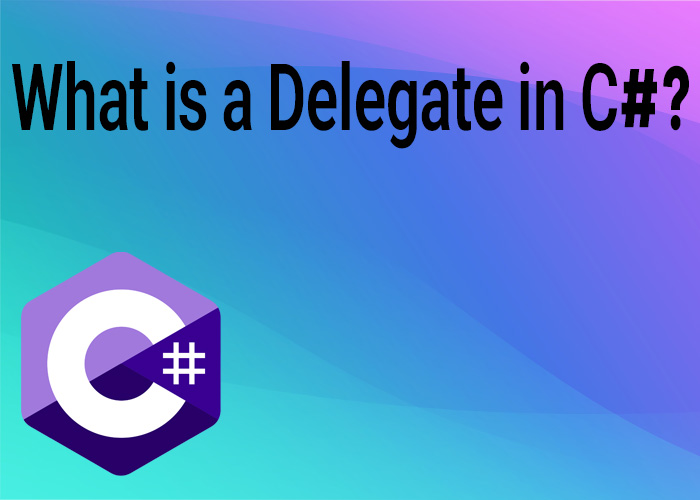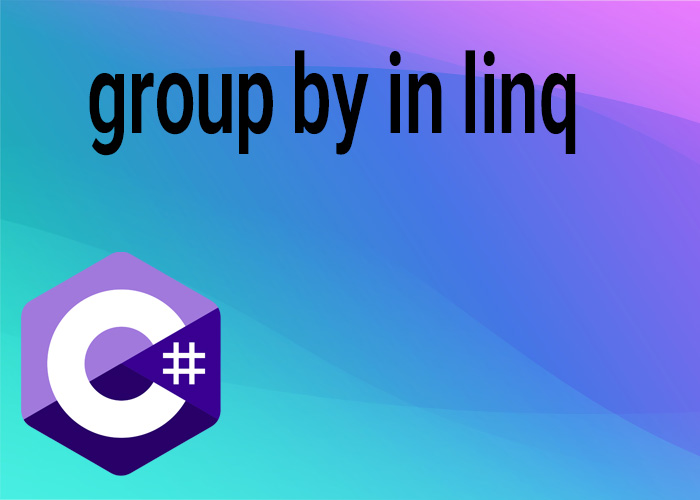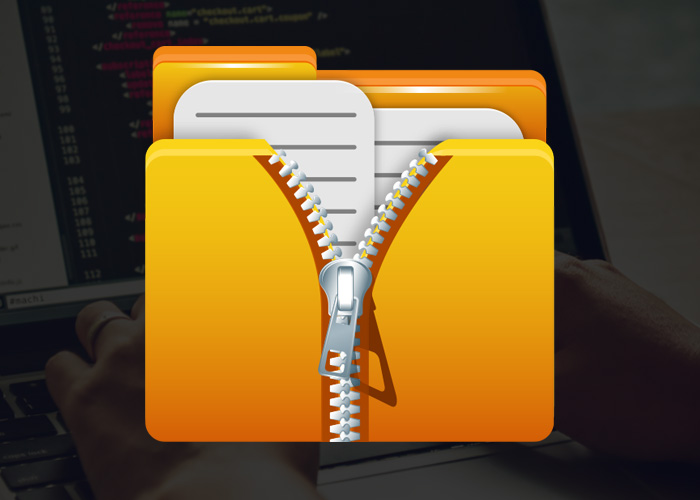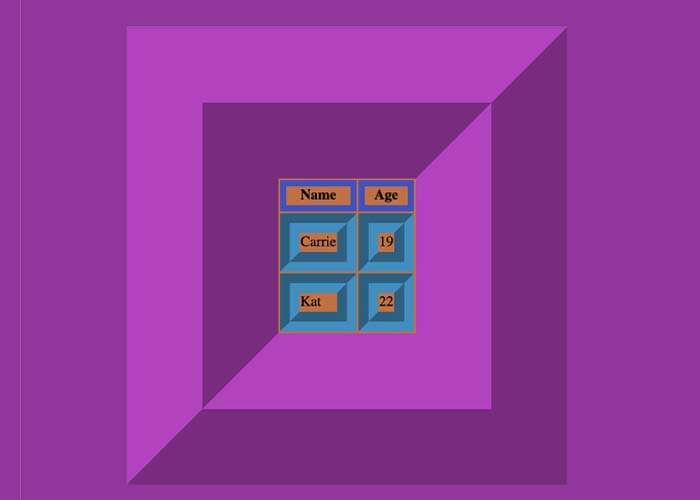A delegate in C# is a powerful feature that allows you to encapsulate a method into a type-safe object. It acts as a reference to a method that has a compatible signature. This means that a delegate can hold a reference to any method that has the same return type and parameter list. Delegates are often used for implementing events and callbacks.
Types of Delegates in C#
There are two main types of delegates in C#:
- Single-cast delegates: These delegates can only hold a reference to a single method at a time.
- Multicast delegates: These delegates can hold references to multiple methods at a time. This means that when you invoke a multicast delegate, it will call all of the methods that it references.
Use of Delegates in C#
Delegates are used in a variety of scenarios in C#, including:
- Implementing events: Events are a way for objects to communicate with each other. When an event is raised, it notifies all of the objects that are subscribed to the event. Delegates are used to store the references to the event handling methods.
- Creating callbacks: Callbacks are methods that are passed as arguments to other methods. The callback method is then called at a later time, typically when some task has been completed. Delegates are used to store the references to the callback methods.
- Creating asynchronous code: Asynchronous code allows you to perform multiple operations at the same time. Delegates are often used to store the references to the methods that will be executed asynchronously.
C# Delegate Callback Example
Consider the following example, which demonstrates how to use a delegate to implement a callback:
public delegate void MyDelegate(string message);
public class MyClass
{
public event MyDelegate MyEvent;
public void DoSomething()
{
if (MyEvent != null)
{
MyEvent("Something happened!");
}
}
}
public class Program
{
static void Main(string[] args)
{
MyClass myClass = new MyClass();
myClass.MyEvent += new MyDelegate(HandleEvent);
myClass.DoSomething();
}
static void HandleEvent(string message)
{
Console.WriteLine(message);
}
}In this example, the MyClass class defines an event called MyEvent. The event is of type MyDelegate, which is a delegate that takes a string parameter. The DoSomething() method raises the MyEvent event, which invokes the HandleEvent() method. The HandleEvent() method simply prints the message to the console.
Multicast Delegates in C#
As mentioned before, multicast delegates are delegates that can hold references to multiple methods. This allows you to chain together multiple functionalities that are triggered by a single event. Here's an example:
public delegate void StringModifier(string message);
public class StringProcessor
{
public void AppendExclamationMark(string message)
{
Console.WriteLine(message + "!");
}
public void ConvertToUpperCase(string message)
{
Console.WriteLine(message.ToUpper());
}
public void ProcessString(string message, StringModifier modifier1, StringModifier modifier2)
{
modifier1(message); // Call the first modifier
modifier2(message); // Call the second modifier
}
}
public class Program
{
static void Main(string[] args)
{
StringProcessor processor = new StringProcessor();
StringModifier modifier1 = processor.AppendExclamationMark;
StringModifier modifier2 = processor.ConvertToUpperCase;
processor.ProcessString("Hello", modifier1, modifier2);
}
}In this example, we define a StringModifier delegate that takes a string parameter. We then create two methods, AppendExclamationMark and ConvertToUpperCase, that modify strings. Finally, the ProcessString method takes the message and two StringModifier delegates. When called, it invokes both modifiers on the message, resulting in the output:
HELLO!
HELLOFunc Delegate in C#
The Func delegate is a pre-defined delegate type in C# specifically designed for methods that return a value. It has a generic form, allowing it to work with methods returning any data type. Here's how it works:
public delegate int CalculateArea(int width, int height);
public class ShapeProcessor
{
public int GetRectangleArea(int width, int height)
{
return width * height;
}
public int GetCircleArea(int radius)
{
return (int)(Math.PI * radius * radius);
}
public Func<int, int, int> GetAreaDelegate(string shapeType)
{
if (shapeType == "Rectangle")
{
return GetRectangleArea;
}
else if (shapeType == "Circle")
{
return GetCircleArea;
}
else
{
throw new ArgumentException("Unsupported shape type");
}
}
}
public class Program
{
static void Main(string[] args)
{
ShapeProcessor processor = new ShapeProcessor();
Func<int, int, int> areaDelegate = processor.GetAreaDelegate("Rectangle");
int rectangleArea = areaDelegate(5, 4); // Call the delegate with arguments
Console.WriteLine("Rectangle Area: {0}", rectangleArea);
}
}This example defines a Func delegate that takes two integers as input and returns an integer. The GetAreaDelegate method dynamically assigns the appropriate area calculation function (GetRectangleArea or GetCircleArea) based on the provided shape type. Finally, the delegate is invoked with specific width and height values to calculate the rectangle area.
C# Delegate vs Func
The key differences between delegates and Func delegates are:
- Return Type: Delegates can reference methods with any return type (including void), while
Funcdelegates are specifically for methods returning a value. - Generics: Regular delegates are not generic, but
Funcdelegates leverage generics to work with various return types. - Multicasting: Delegates can be multicast, allowing you to chain multiple methods.
Funcdelegates cannot be multicast.
Generic Delegates in C#
Generic delegates are a powerful feature of C# that allows you to create delegates that can be used with methods of any type. This means that you can write code that is more flexible and reusable.
Creating Generic Delegates
To create a generic delegate, you use the delegate keyword followed by the generic type parameter(s) in angle brackets. For example, the following code defines a generic delegate called MyGenericDelegate that takes one input parameter of type TInput and returns a value of type TOutput:
public delegate TResult MyGenericDelegate<TInput, TOutput>(TInput input);Using Generic Delegates
Once you have defined a generic delegate, you can use it like any other delegate. For example, the following code creates an instance of the MyGenericDelegate delegate and uses it to call the DoubleValue() method:
MyGenericDelegate<int, int> doubleValueDelegate = new MyGenericDelegate<int, int>(MathOperations.DoubleValue);
int result = doubleValueDelegate(5);
Console.WriteLine(result); // Output: 10Benefits of Generic Delegates
Generic delegates offer several benefits, including:
- Flexibility: You can write code that works with a variety of data types without having to create separate delegates for each type.
- Reusability: You can reuse generic delegates in different parts of your code.
- Type Safety: Generic delegates help to ensure type safety by checking the types of the input and output parameters of the delegate at compile time.
Example: Generic Delegate for Shape Calculations
Consider the following example, which demonstrates how to use a generic delegate to calculate the area of different shapes:
public delegate T ShapeAreaCalculator<T>(T dimension);
public class ShapeProcessor
{
public double GetRectangleArea(double width, double height)
{
return width * height;
}
public double GetCircleArea(double radius)
{
return Math.PI * radius * radius;
}
public ShapeAreaCalculator<T> GetAreaDelegate<T>(string shapeType)
{
if (shapeType == "Rectangle")
{
return new ShapeAreaCalculator<T>(GetRectangleArea);
}
else if (shapeType == "Circle")
{
return new ShapeAreaCalculator<T>(GetCircleArea);
}
else
{
throw new ArgumentException("Unsupported shape type");
}
}
}
public class Program
{
static void Main(string[] args)
{
ShapeProcessor processor = new ShapeProcessor();
ShapeAreaCalculator<double> rectangleAreaDelegate = processor.GetAreaDelegate<double>("Rectangle");
double rectangleArea = rectangleAreaDelegate(5.0);
Console.WriteLine("Rectangle Area: {0}", rectangleArea);
ShapeAreaCalculator<double> circleAreaDelegate = processor.GetAreaDelegate<double>("Circle");
double circleArea = circleAreaDelegate(3.0);
Console.WriteLine("Circle Area: {0}", circleArea);
}
}In this example, the ShapeAreaCalculator delegate is defined as a generic delegate that takes one input parameter of type T and returns a value of type T. The GetRectangleArea and GetCircleArea methods are used to calculate the area of rectangles and circles, respectively. The GetAreaDelegate method dynamically assigns the appropriate area calculation function based on the provided shape type. Finally, the delegate is invoked with specific dimensions to calculate the area of a rectangle and a circle.
Conclusion
Delegates are a powerful feature of C# that can be used in a variety of scenarios. They are a valuable tool for implementing events, callbacks, and asynchronous code. I hope this article has helped you to understand what delegates are and how to use them in your C# programs.





